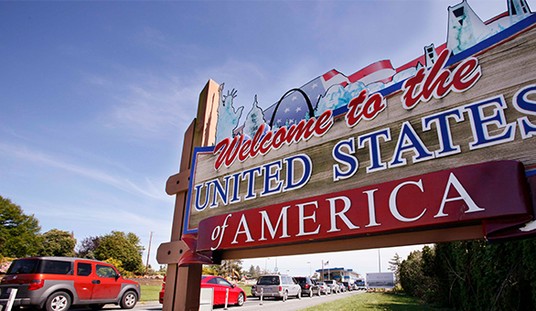How bad is the nuclear reactor situation in Japan? Bad, but not that bad:
Friday’s tsunami easily overcame sea walls at the Fukushima Daiichi power plant and flooded the diesel generators that power the plant’s cooling systems. Operators have been using sea water to cool the nuclear fuel, though this has resulted in a build-up of pressure that’s required operators to vent the reactors’ cooling vessels by releasing radioactive steam into the atmosphere. The radiation in the steam is, at this point, relatively modest, and the most highly radioactive material remains contained in the reactors’ cores. The two explosions at the Fukushima Daiichi plant were the byproduct of hydrogen build-up, and neither is thought to have released significant amounts of radiation into the atmosphere.
So far, so good. But:
While it could get really bad really fast if one of the reactors themselves were to crack open—a full meltdown would release significant amounts of radioactive elements like iodine-131 that disperse rapidly in air and water, greatly increasing the chances for birth defects, thyroid cancer, and other problems—health experts are currently cautiously optimistic. As of this weekend, radiation levels in the plant’s control room were 1,000 times higher than normal but only eight times above normal in areas surrounding the plant. According to Ron Chesser, director of the Center for Environmental Radiation Studies at Texas Tech University, both of those levels are technically safe for humans, who absorb an average of 360 millirems of radiation per year from cosmic rays and manmade sources. Still, three elements in particular— iodine-131, strontium-90 and cesium-137—are worrisome because they mimic substances found naturally in the body.
I know a little something about iodine-131 — I’ve done my research because someday I’ll probably need to drink a little to nuke my overeager thyroid gland. Iodine collects in the thyroid and nowhere else, which is why drinking an irradiated dose of it kills off the gland but leaves you otherwise unharmed. And surviving without a thyroid is no big deal; just take your synthroid and watch your diet.
But strontium-90 and cesium-137? I get the feeling you really don’t want to have to mess with those.










Join the conversation as a VIP Member